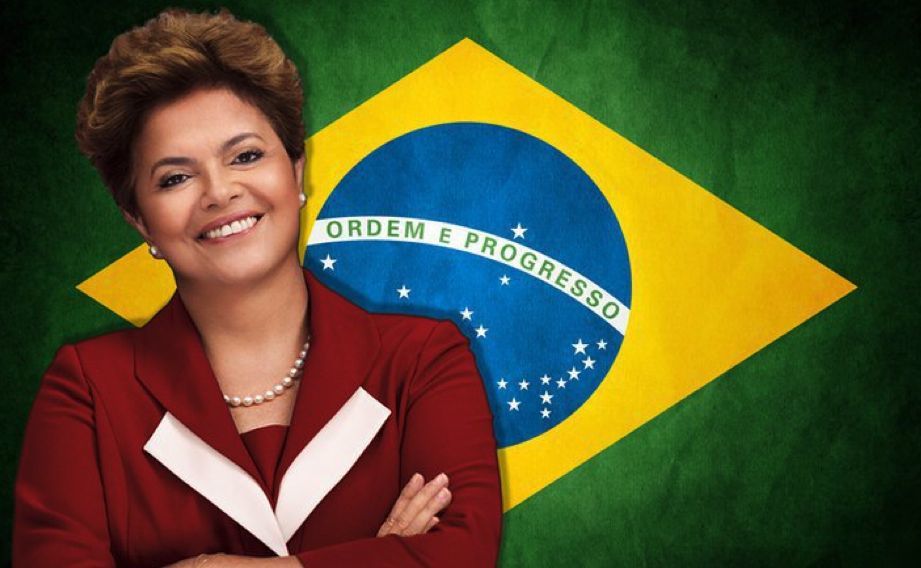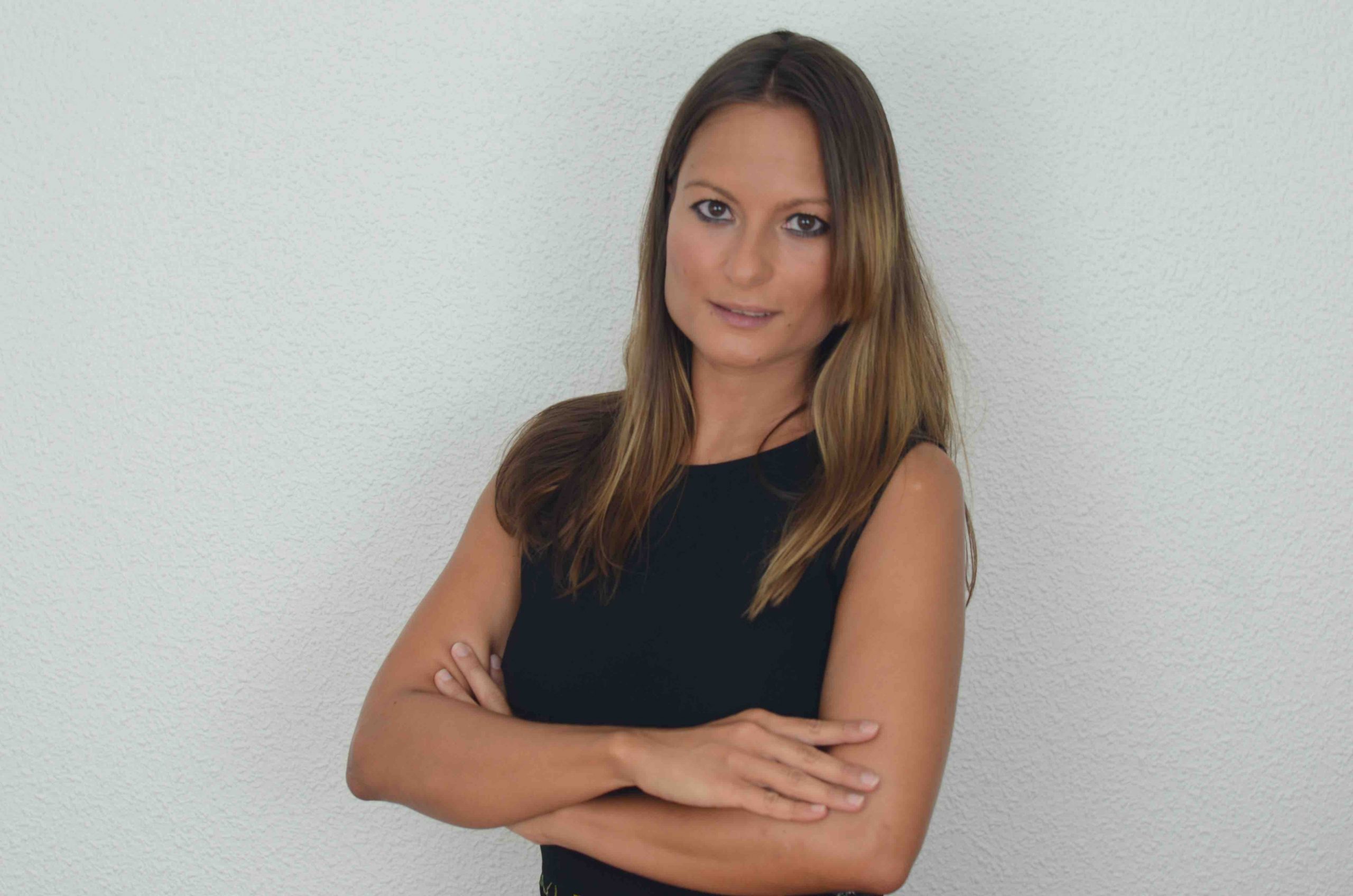Brazil has submitted new plans to restore investor confidence and strengthen growth. In this regard, Marie-Thérèse Barton, Senior Manager of Emerging Market Debt at Pictet, who has been visiting the country, believes that despite the pessimism held by many managers regarding the country, change is in the air, and authorities strive to open up for business. So it could positively surprise.
“I landed in Rio de Janeiro for a full day of meetings, with the growing pessimism of foreign investors, and then the local optimism that Rousseff and her team can support this, the largest economy in Latin America, hit me. Besides, the economic and political elites try to be friendly to entrepreneurs. In fact, we were greeted warmly in Congress by a senior coalition party official, even though it was one of their busiest days. Everyone is interested in stressing that Brazil is open for business and I cannot remember how many times I heard the words “tax adjustment”. The message is clear: change is in the air. Foreign investors are almost universally pessimistic and may be pleasantly surprised,” she says.
Even so, there are still some misgivings, and this expert does not deny that the situation is serious. “This economy flirts with recession, and inflation has reached the end of its tolerance levels, yet prices of raw materials like iron, soybeans, and other key exports continue to fall.” In addition, at least one credit rating agency has suggested a drop in rating, while a billionaire scandal which threatens to further undermine confidence, affects Petrobras, the state oil giant.
The administration, however, seeks to restore investor confidence, says the expert. “To shore up state finances, it has already announced cuts to subsidies to state-owned banks, higher interest rates in the development bank BNDES, and limits to pensions and unemployment benefits. But, more importantly, the Government has taken a big step in the right direction with the appointment of Joaquim Levy as finance minister. Mr. Levy is a banker educated in Chicago, an orthodox economist who has worked at the IMF and ECB and is known for having cut spending for the period 2003-2006. Indeed, all officials and bankers whom I have met are almost unanimous about the fact that curbing public spending is the most important task during the next four years, and that Levy is the right person for the job”.
According to one public official, says Barton, “he promises little and obtains much”, which is what it takes to make difficult cuts and increase taxes. “Many investors doubt that he will to be able to exercise any autonomy because Rousseff is interventionist, (apparently, given her promises to union leaders,she has recommended the new planning minister, Nelson Barbosa, to change his position on adjusting the minimum wage). Many people, however, consider that Rousseff has no choice. Levy’s promise, which seems ambitious, is to improve the fiscal balance by 1.5%, but Brazil’s central bank has reaffirmed its commitment to have reached its inflation target within the next two or three years, and it seems that investors are willing to give Levy the benefit of the doubt, at least for the next few months. “
Deceleration: the Risk
Economic slowdown is the inevitable collateral damage of these measures is the economic slowdown, the emerging market debt team at Pictet AM thinks that Brazil, after growing about 0.1% in 2014,will hardly see any growth this year, and an increase in unemployment is likely. On the other hand, the market lists an expectation of rising interest rates by at least 75 basis points. To keep inflation below 6.5%, reference rates have already been raised to four year maximums, at 12.25%, and, given the adverse impact on the economy, it is possible that the central bank does not tighten as much. In any event, officials and executives believe that interest rates will rise this year, but differ as to the rate, with some expecting it to reach as high as 13%. “The central bank, however, may wish to focus by the end of the year, in supporting growth by cutting interest rates, which can generate an interesting investment opportunity in Brazilian bonds,” she says. This scenario can be partly discounted, since the yield curve on maturities from two to six years on the state debt is reversed, but there is room for the gap to widen if Levy and his team positively surprise.”
“However, the Real may fall further against the dollar this year, in line with what is indicated by the currency market’s interest rates’ differential on forward contracts. We must bear in mind that in 2014 the Real was one of the emerging market currencies with higher falls against the dollar, following the Russian Ruble at over 11%. In our fair value models, however, it’s still overvalued by 10.5% in nominal terms.”

 By Alicia Miguel Serrano
By Alicia Miguel Serrano